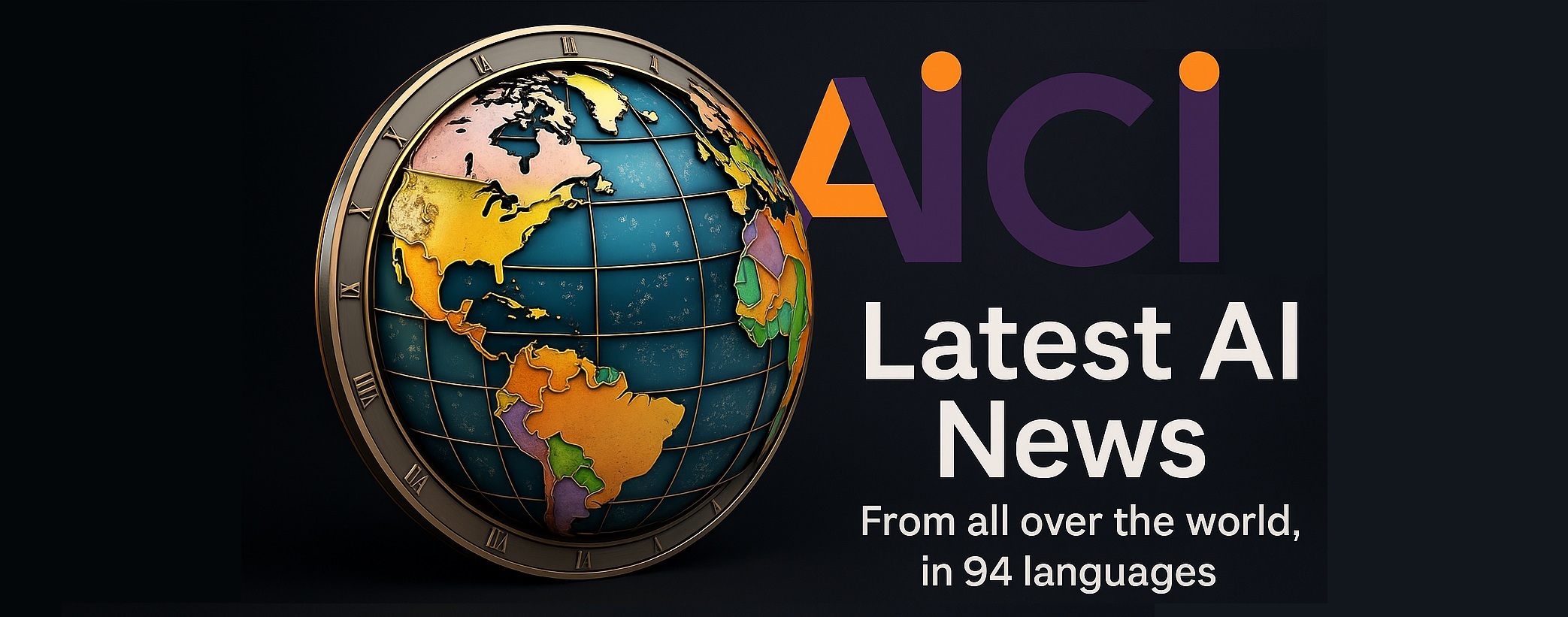July 23, 2025 - Recent AI advancements are transforming medical research, with models demonstrating unprecedented capabilities in drug discovery and disease prediction. A Nature paper highlights AI's role in accelerating active compound identification, while Cambridge and Harvard researchers report AI outperforming clinical tests in predicting Alzheimer's progression and detecting cancers. Google DeepMind's AlphaGenome model now predicts DNA mutation impacts on gene regulation.
Wiljeana Glover, a health innovation researcher at Babson College, notes AI's immediate impact on administrative tasks: 'Large language models are creating synopses of complex medical records and transcribing provider-patient conversations to generate documents.' These tools free clinicians from paperwork, enabling greater focus on patient care.
Broader context reveals AI's dual role in healthcare: enhancing research efficiency while improving clinical workflows. The shift from administrative support to diagnostic capabilities underscores AI's evolving role in medicine. Our view: These advancements demonstrate AI's potential to democratise healthcare access, but ethical considerations around data privacy and algorithmic bias must remain central to implementation strategies.

Be the first to comment!